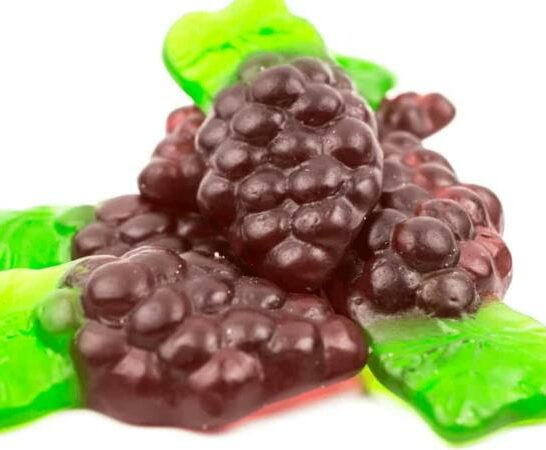Why do Grape-Flavored Foods Taste Different Than Actual Grapes?
You’ve probably encountered someone that loves orange or grape-flavored candy but absolutely hates the actual fruit.
This is not an uncommon phenomenon because grape candy and actual grapes have completely different flavors.
One is natural while the other is artificial. While you’d think that artificial flavoring manufacturers might try to make the fake thing taste like the real, this is not the case.
So, why do grape-flavored foods taste different than actual grapes? The answer is a little technical and a little straightforward, but we’ll discuss all of it right here. Read on to find out more!
Why do Grape-Flavored Foods Taste Different Than Actual Grapes?
Artificial grape flavoring, also known as methyl anthranilate, does not taste like your typical table grape because it is made with artificial flavoring and traces of alcohol. Those familiar with the taste of Concord grapes, such as those found in Welch’s grape jelly, will find that grape-flavored products have the closest affinity to Concords. Most artificially flavored items taste different than the actual product, such as English Toffee.
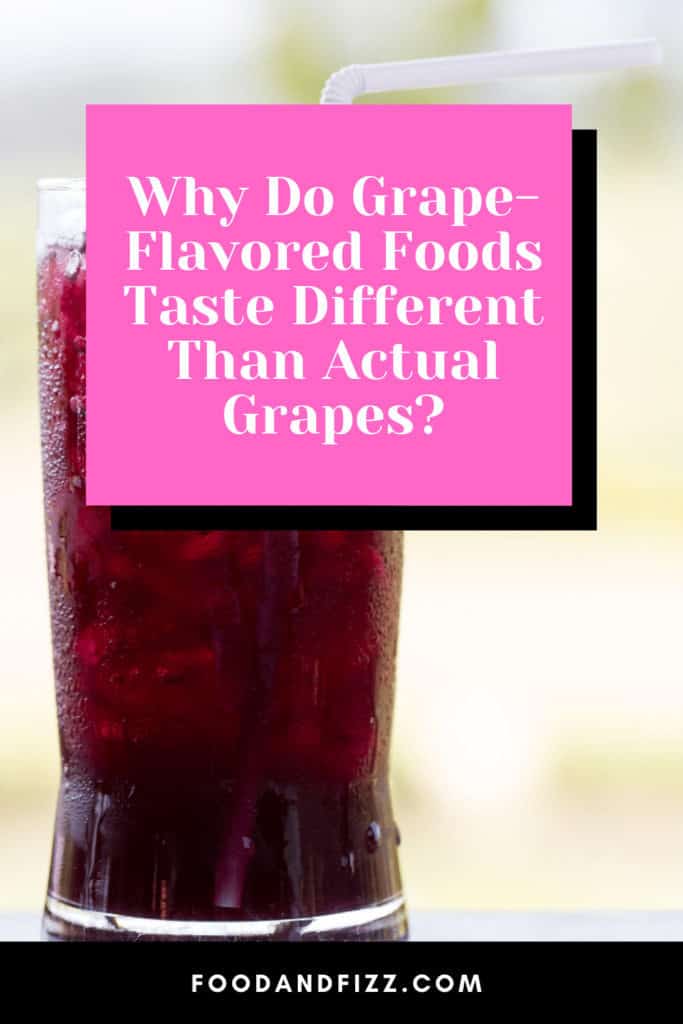
Grape Flavoring vs. Actual Grapes
The internet is full of those fighting over whether or not grape flavoring is disgusting and authentic.
While the internet is always looking for something to fight over, in this instance, each side has very good points.
There doesn’t seem to be an in-between here, but I believe that there’s always a place to find common ground. Let’s take a look at both sides of the argument.
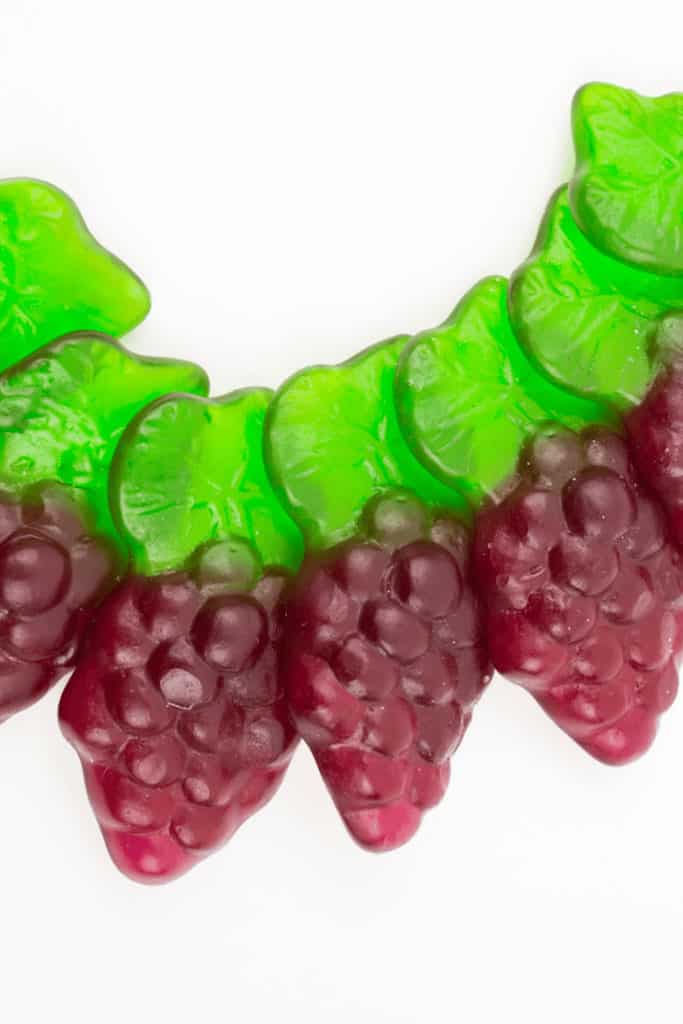
The Real Grape Argument
There’s no denying how amazing real grapes taste.
They could easily compete with apples for the title of “Nature’s Candy”, and it’s easy to see why grape-lovers everywhere are offended by grape-flavored items. Real grapes are, well, real.
They’re authentic and they have a sweet, yet tart flavor that’s almost impossible to replicate.
However, it’s unrealistic to think that it would be easy to manufacture the exact taste of real grapes.
Nature is hard to compete with, and for the most part, those that are eating grape-flavored candy are in it for the sweetness, not so much an authentic grape flavor.
When you look at it that way, it’s easy to see why the grape flavor is popular.
However, it’s interesting that those that love grapes often despise artificial flavoring.
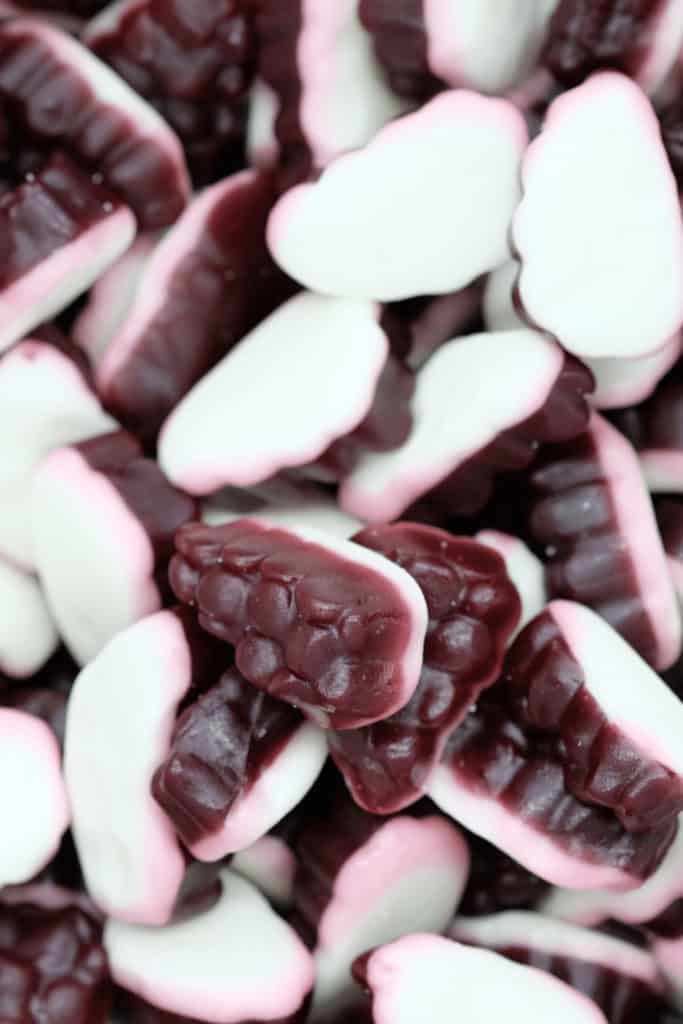
The Argument for Artificial Grape Flavoring
Methyl anthranilate (MANT) is widely used in cosmetics and flavoring to provide grape scent and flavor according to PNAS.
There is a pretty solid argument for artificial grape flavoring as well, other than the fact that it’s sweet and delicious.
While methyl anthranilate isn’t for everyone, there’s no denying that it tastes very similar to Concord grapes, which are, in fact, real grapes.
While Concords aren’t widely available in their natural form in supermarkets, you’ll typically see green and red grapes in mass varieties, but it’s rare for Concord grapes to grace the shelves.
So, artificial grape flavoring actually does taste like grapes, but it’s a very specific variety, and the taste is incredibly different from the grapes we eat more often than any others.
It’s also common for people to argue that artificial flavor isn’t supposed to taste natural, and they actually have a point there!
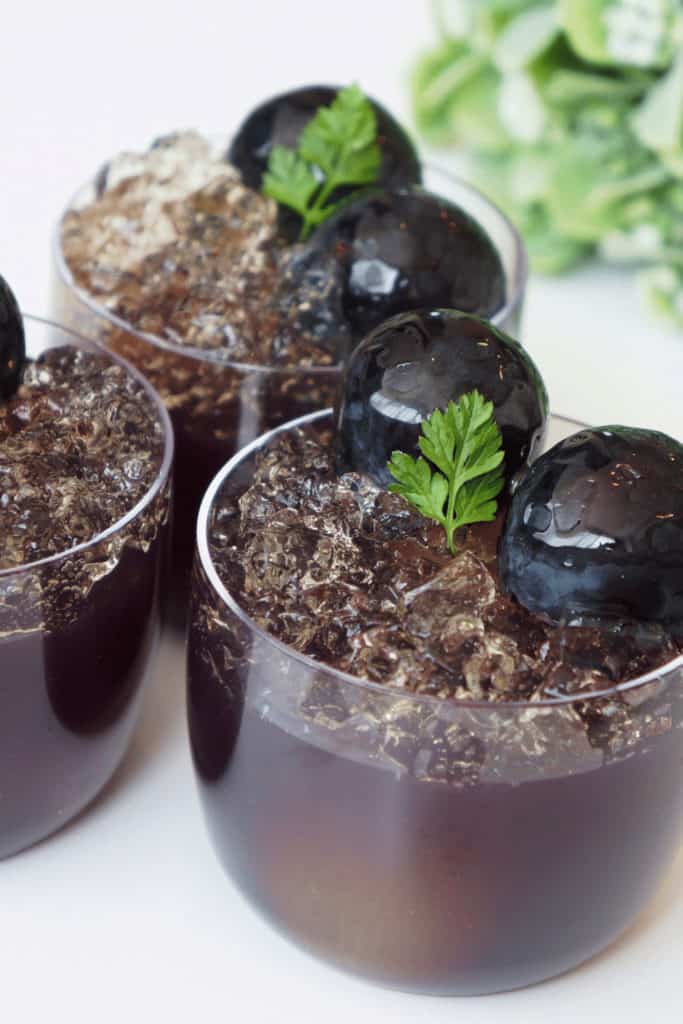
Making Artificial Taste Natural
There are some brands popping up that are focused on making artificial flavoring taste more natural, but there are still miles to go concerning the topic.
It’s hard to make most artificial flavors taste like the real thing, and that’s part of what we embrace about them.
Most of us accept the fact that an orange or pineapple-flavored hard candy isn’t going to taste exactly like the fruit.
There will always be something just a bit off about artificial flavors, but they’ve come quite a long way not only in flavor but also in makeup.
As companies become more health-conscious, it’s expected that you’ll see more alternatives to traditional artificial flavors, but whether or not they’ll taste more like red seedless grapes remains to be seen.
Because methyl anthranilate is so fruity, sweet, and grape-like, it will be difficult to find something that can compare!
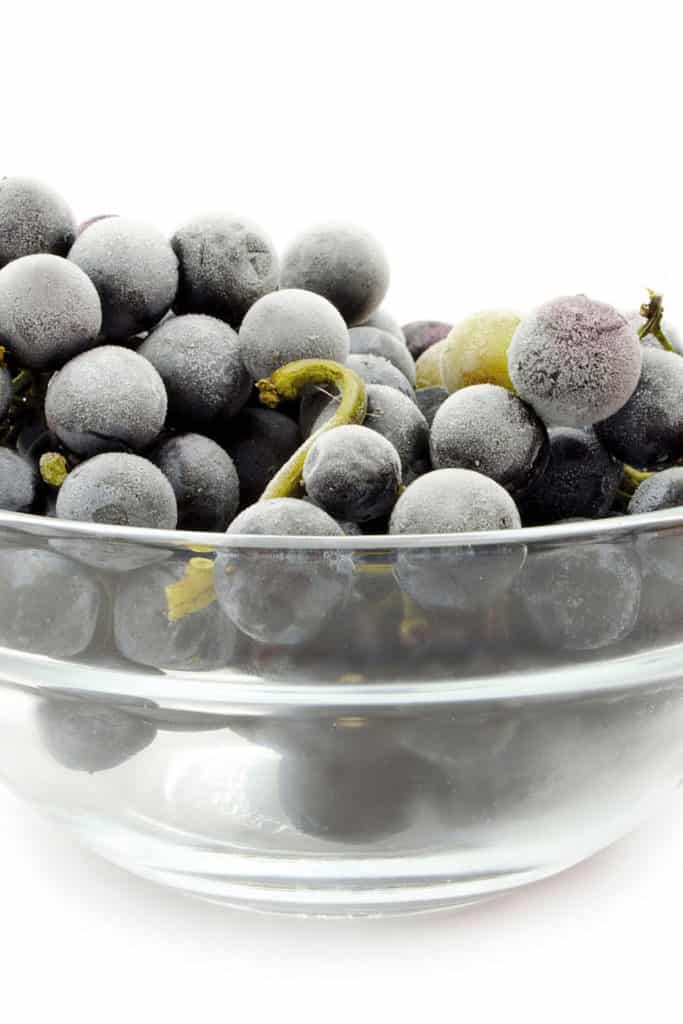
Frequently Asked Questions About Why do Grape Flavored Foods Taste Different than Actual Grapes
There are many foods that are flavored artificially, but when it comes to grapes, it seems that due to the stark difference in flavor between the real thing and the fake flavor, there are more questions.
In reality, the flavors aren’t that different, if you’re familiar with the natural taste of Concords, that is.
Why do grape-flavored foods taste different than actual grapes?
Grape-flavored foods taste different than actual grapes because they’re not made with actual grapes. Grape flavoring comes from methyl anthranilate, which does taste similar to Concord grapes but doesn’t have a traditional grape flavor.
Which grapes do grape-flavored foods taste like?
Most grape-flavored foods taste like Concord grapes. While these aren’t usually widely available on the supermarket shelf, you can purchase them in many places to test out the flavor! Concord grapes are very sweet with a little kick of tartness.
Accepting the Difference
If you hate grape-flavored items but love grapes, you might find that if you accept the fact that there should be a slight difference between artificial and real flavors, you might start to like grape candy and soft drinks.
If not, that’s okay too, as the world will likely always be divided between grape flavor and real grapes!

